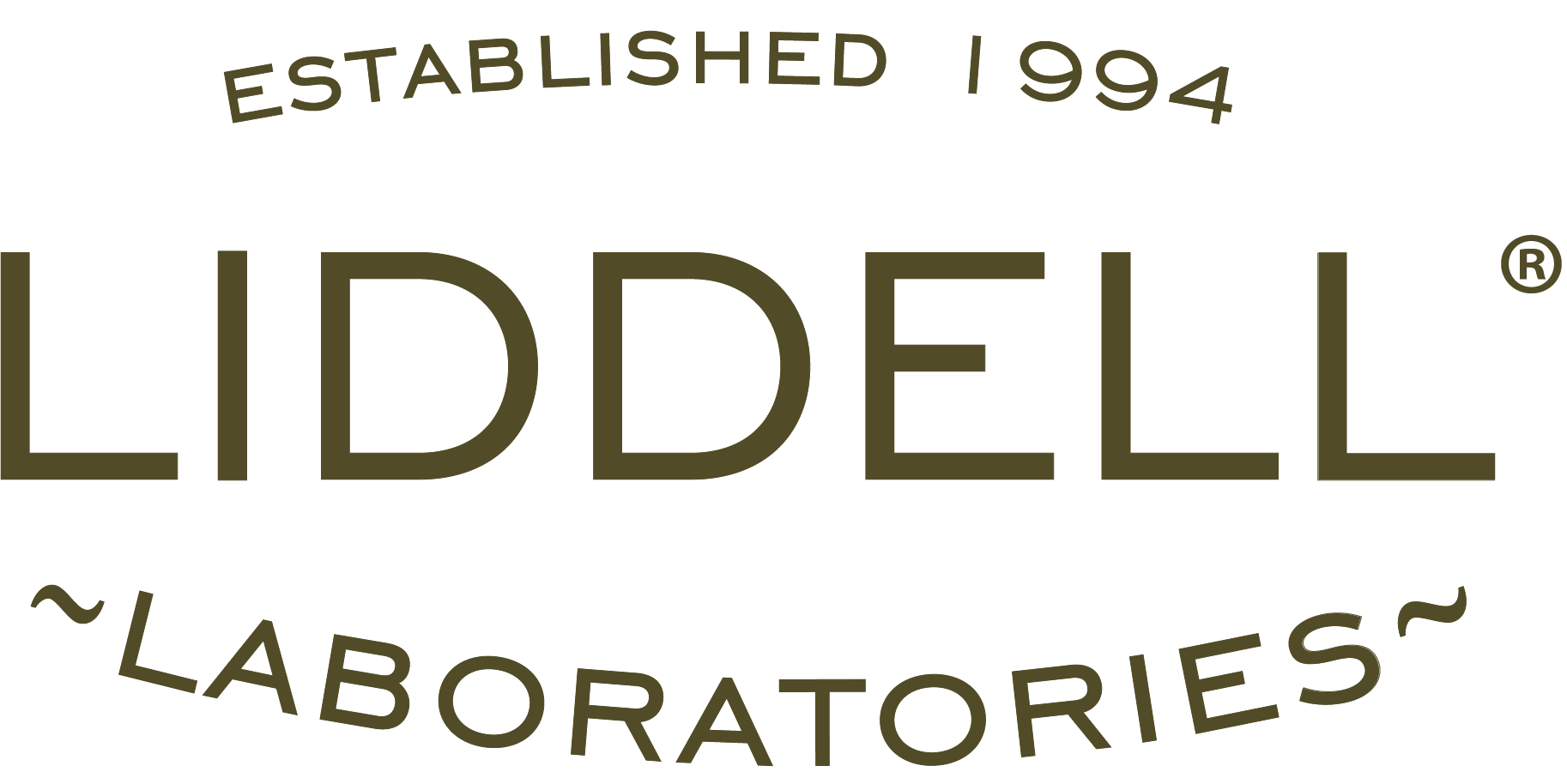You may have heard about nitrates in your drinking water or nitrites in processed meats and wondered what exactly they are and how concerned you should be about ingesting them. First let’s go back to chemistry class and find out what the difference is, scientifically speaking, between the two.
Nitrates (NO3) are inorganic compounds that occur both naturally and synthetically under many different conditions in the environment. Nitrates are composed of one atom of nitrogen (N) and three atoms of oxygen (O). Nitrites (NO2) are very similar to nitrates in composition, missing just one of the atoms of oxygen. Nitrites are also inorganic compounds that can occur both naturally and synthetically.
So what difference does a single atom of oxygen make? When you compare Nitrates with nitrites, it seems that both have a bad reputation, with nitrites being labeled slightly more toxic. Yet at the same time, nitrites are added as a preservative to cured meats to inhibit the growth of listeria and botulinum. Even more confusing, it isn’t from meats or even your drinking water that you ingest the most nitrates and nitrites; the CDC estimates that 80 percent are actually from the vegetables you eat! Vegetables pick up nitrates from the soil, from fertilizers sprayed on crops, and from naturally occurring nitrogen in the air. When you eat vegetables, bacteria in your mouth converts some of these nitrates into nitrites. It may also surprise you to know that nitrites are essential to our bodies, and your body will even create them on its own. Nitrites are stored in cells until they are converted to nitric oxide, which is a compound that relaxes blood vessels and increases blood flow.
So why is there so much negative press around Nitrates and nitrites if they are compounds produced naturally in the environment and our bodies? There have been some associations between high nitrate consumption and stomach and esophageal cancers. The current data would indicate that nitrates and nitrites in small doses are not necessarily bad for you, but if you ingest more than you need, which many of us do, they can become toxic. So it’s not just a matter of avoiding certain foods, because even healthy vegetables will raise the nitrate levels in your system. And we are told that we should consume more plant-based food. So what can we do to minimize the chances that we will overconsume nitrates/nitrites?
Common sense solutions would include:
- Checking your water to see if there are Nitrates or nitrites present. Here is a place you can research your water quality by zip code.
- Eating a diet with lots of antioxidants and vitamin C. These can help stem the conversion of nitrates and nitrites into more harmful compounds.
- Minimizing the consumption of processed meats and other foods that use nitrites as a preservative.
- Eating more organic foods. Organic foods are not allowed to use nitrites as preservatives.
- Trying a detoxification product like Detox Chemicals.
![]()
 Jana Taylor is a staff writer for Liddell Laboratories
Jana Taylor is a staff writer for Liddell Laboratories

 7 ways to shake your funk
7 ways to shake your funk